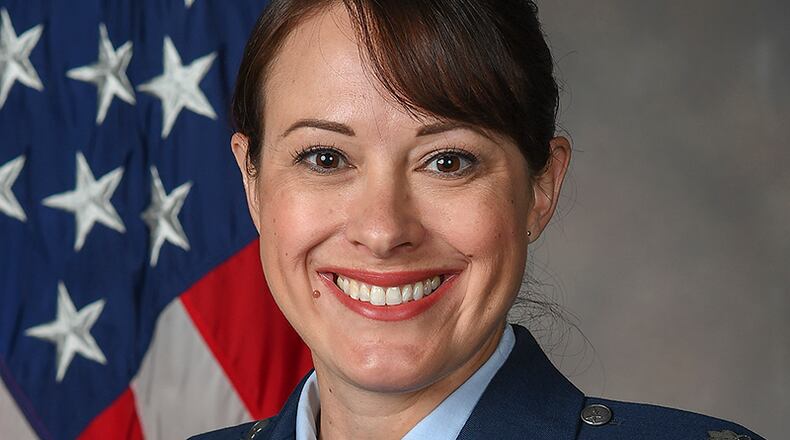An individual actually said this to me after I made the squadron commander candidate list. It was heartbreaking to hear. How about “congratulations” instead?
In my mind, this comment completely negated the long nights I spent executing the mission and the months I spent away from home in a third world country. None of my efforts leading up to this moment mattered to this person. To them, I only received this because “I am a girl.” Never mind the hard work I put in to achieve it.
This example highlights an unconscious bias, specifically gender bias. Unconscious bias refers to unconscious forms of discrimination and stereotyping based on race, gender and ethnicity. Gender bias is the tendency to prefer one gender over another gender. This individual believed females received preferential treatment in the Air Force just because they are women. This is only one example.
There are many other unconscious biases in parallel with gender bias. These include race, ethnicity, age, etc. How do we avoid these biases? How do we prevent these comments from happening?
To avoid these biases, the Air Force must conduct blind screenings for all boards by removing names and pronouns. This includes promotion boards, awards boards, developmental education boards, command boards, etc. Screening names and pronouns allows the candidate’s merit, performance and accomplishments to shine.
A great example of how this works comes from the orchestra community. In the late 1970s, the top five orchestras had fewer than 5% women. In the early 1980s, orchestras began using blind auditions to hire musicians. Candidates would audition behind a screen so the hiring panel could not see them but could hear them play.
By doing this, they chose the best candidate based on how they played. By removing the unconscious bias (not being able to see gender), it increased women’s chances of being hired by 50%!
Based on the orchestra model of hiring, if the Air Force masked names and pronouns on all OPRs/EPRs, then board members would select candidates for promotion/education based on performance alone. Isn’t that what the "P" in OPR/EPR stands for? Performance?
Sadly, names unconsciously reveal gender, race and ethnicity in board member’s minds. This unconscious bias can potentially sway a board member one way or another based on their biases. If names are masked, it forces the board members to focus primarily on accomplishments and merit alone. Thus, choosing the best candidates for highly competitive opportunities without discrimination.
Unfortunately, unconscious bias is a human condition. Our brains are wired to find shortcuts, but we can fix it quite simply. We can level the playing field and omit discrimination by removing names from OPRs/EPRs. This will ensure future generations receive a simple “congratulations” when their name shows up on a squadron commander candidate list.
Then they can honestly say they were selected based on their accomplishments and not their gender.
About the Author
